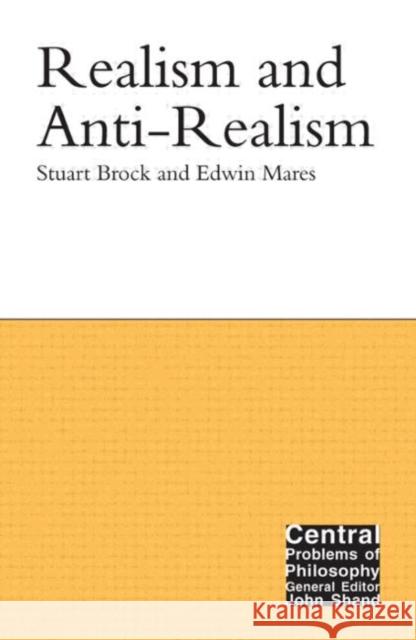Realism and Anti-Realism » książka
Realism and Anti-Realism
ISBN-13: 9781844650248 / Angielski / Twarda / 2006 / 224 str.
Realism and Anti-Realism
ISBN-13: 9781844650248 / Angielski / Twarda / 2006 / 224 str.
(netto: 670,75 VAT: 5%)
Najniższa cena z 30 dni: 654,86 zł
ok. 16-18 dni roboczych.
Darmowa dostawa!
There are a bewildering variety of ways the terms "realism" and "anti-realism" have been used in philosophy and furthermore the different uses of these terms are only loosely connected with one another. Rather than give a piecemeal map of this very diverse landscape, the authors focus on what they see as the core concept: realism about a particular domain is the view that there are facts or entities distinctive of that domain, and their existence and nature is in some important sense objective and mind-independent. The authors carefully set out and explain the different realist and anti-realist positions and arguments that occur in five key domains: science, ethics, mathematics, modality and fictional objects. For each area the authors examine the various styles of argument in support of and against realism and anti-realism, show how these different positions and arguments arise in very different domains, evaluate their success within these fields, and draw general conclusions about these assorted strategies. Error theory, fictionalism, non-cognitivism, relativism and response-dependence are taken as the most important positions in opposition to the realist and these are explored in depth. Suitable for advanced level undergraduates, the book offers readers a clear introduction to a subject central to much contemporary work in metaphysics, epistemology and philosophy of language.











